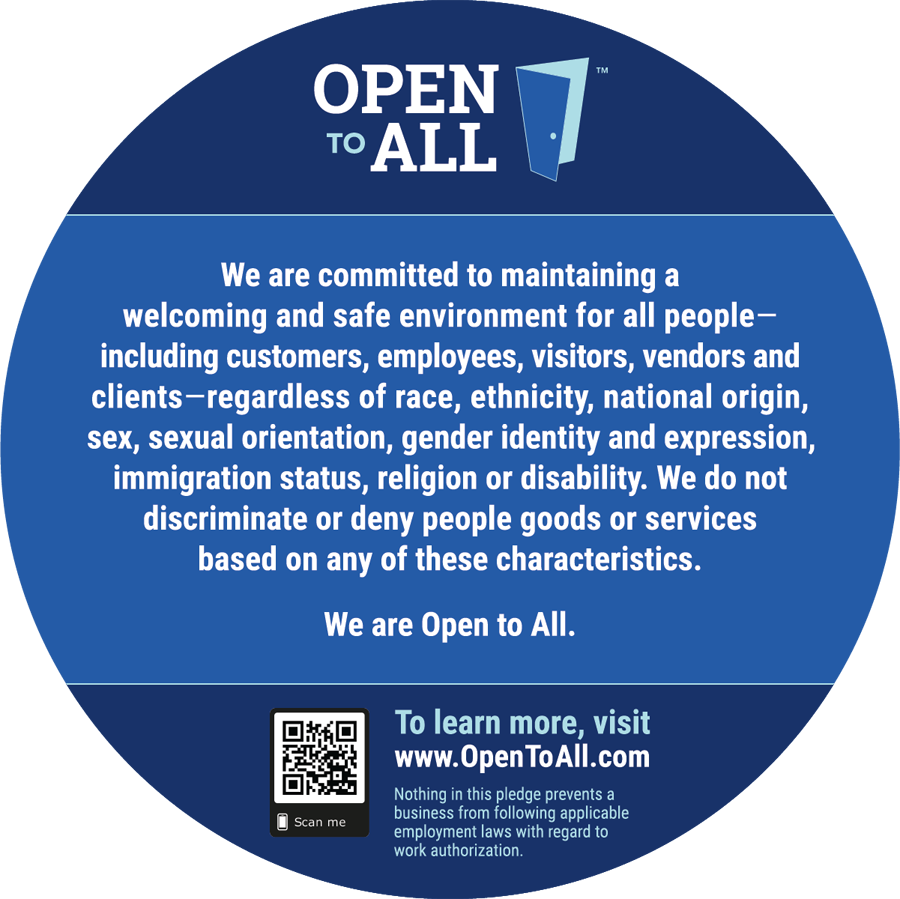
 I’m psyched to be hosting a workshop at UX London titled Creating a Culture of UX. To help promote the event, the fine folks at UX Booth posed a few questions to the UX London speakers. A Q&A with the speakers from UX London was published today.
I’m psyched to be hosting a workshop at UX London titled Creating a Culture of UX. To help promote the event, the fine folks at UX Booth posed a few questions to the UX London speakers. A Q&A with the speakers from UX London was published today.
UX Booth will be updating the post as more responses roll in. I’ve pasted my answers below, and hope you find what I had to say beneficial in some way.
Experience is an extremely broad discipline; how did you get involved?
I’ve had a rather circuitous route to where I am today. After studying computer science for all four years of high school, I went to Carnegie Mellon University for CS, but quickly discovered that I was more interested in writing English than I was in writing code. I switched majors to Professional Writing (what I like to call “Journalism and more”), but still missed working with technology. A friend of mine told me about our school’s Human-Computer Interaction Institute — a field of study that I had never heard of before — and it was then that I realized that my frustration with computer science had been the focus on making things efficient for the computer instead of making them efficient for the user.
I applied for a double-major in HCI, got accepted, and spent the next two years figuring out how to combine my interests in written and visual communication. It was a dream come true. I stayed an extra couple semesters at CMU to get my Master in HCI, and missing my hometown of NYC, jumped at the chance to apply for an Interaction Designer position at Digitas when I saw that they were hiring. The rest is history.
What is the most-often overlooked or misunderstood aspect of design and why?
The difference between art and design is that design is meant to be used. Design must have a purpose, and its intended purpose should fit an existing need in the world. A lot of people believe that innovation comes from creativity, and that creativity comes from imagination. I believe that creativity in design is expressed through allowing inspiration to grow from a deep understanding of people’s needs.
Can you tell us a little bit about your presentation?
I’m creating a new workshop for UX London called Creating a Culture of UX. I come across a lot of practitioners who are endlessly frustrated because they can’t sell their ideas at work. They’re working full-time at companies that don’t have a user-centered design philosophy and they’re expected to produce without any input from actual customers. I’m hoping that my workshop will teach people how to evangelize a UX practice within their organization and effectively challenge the bad habits of managers and colleagues — essentially to act as internal consultants. And maybe I can inspire a couple people who are getting nowhere to go some place where their skills and passion would be more appreciated and valued.
In your opinion, how much of design is intuition? how much is learned?
Design principles can be learned over time, and the more experience you have the quicker you become at making good instinctual choices. But intuition can only take you so far. No one knows all of the answers no matter how much of an “expert” they are, and there’s no such thing as a one-size-fits-all solution to every problem. A true designer is only satisfied with their work once the intended audience’s needs are met, and that can only be determined by soliciting feedback and observing its use. It’s a combination of gut and reasoning, but ultimately I think good design is highly rational and the product of iteration.
What book(s) are you presently reading?
Prototyping: A Practitioner’s Guide by Todd Zaki Warfel and Neuro Web Design: What Makes Them Click? by Susan Weinschenk
What new form of interaction are you most looking forward to?
The realization of ubiquitous technology in the home
Related Posts:
- My Creating a Culture of UX workshop at UX London May 28, 2010 | 2 comments
- Minor in Tech August 6, 2013 | 9 comments
- “Design Principles: The Philosophy of UX” featured on Core77 January 26, 2012 | 0 comments
- Around the World in 80 Days March 6, 2010 | 3 comments
- The Enduring Misconceptions of User Experience Design February 8, 2013 | 29 comments



As best practices go viral, assumptions go wrong, and we follow blindly, is the UX industry actually costing a lot of businesses a lot of money?…
I’ve written quite a bit about design not being a “one-size-fits-all” set of best practices that can be applied to any situation. In [code]an interview[/code] a couple years ago, I was asked how much of design I think is intuition vs. learned. My re…